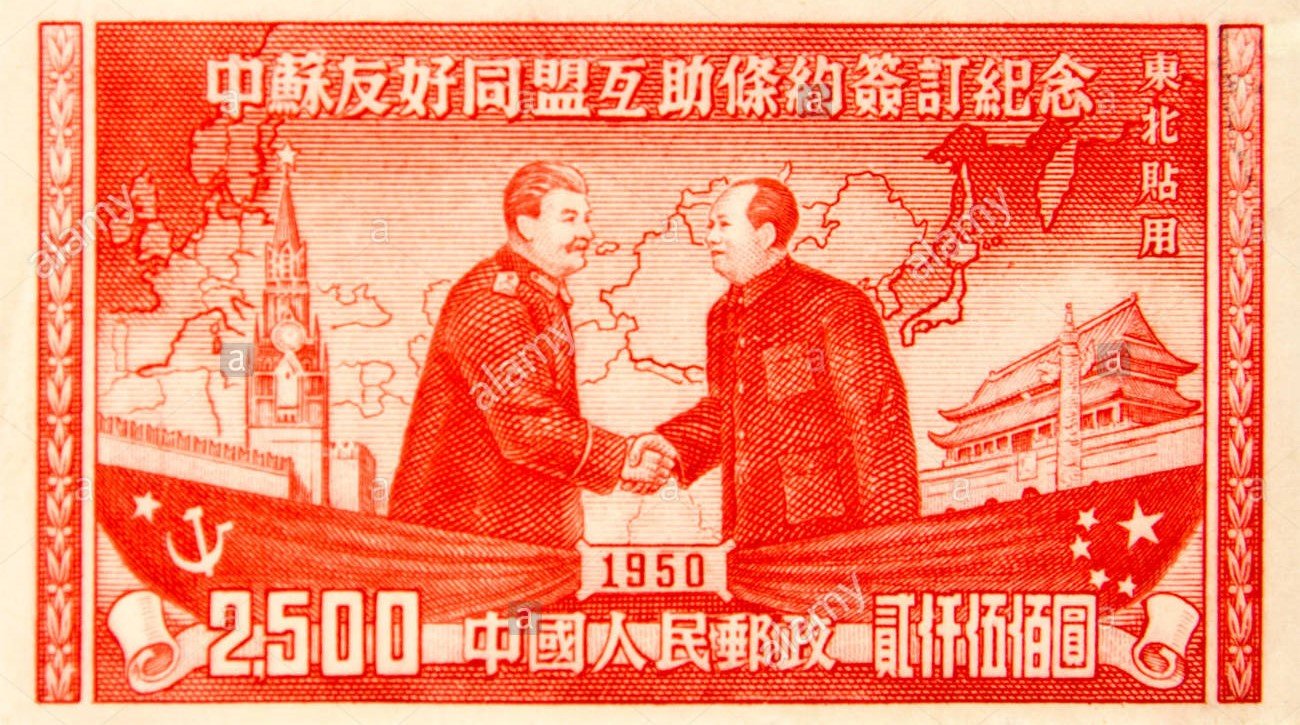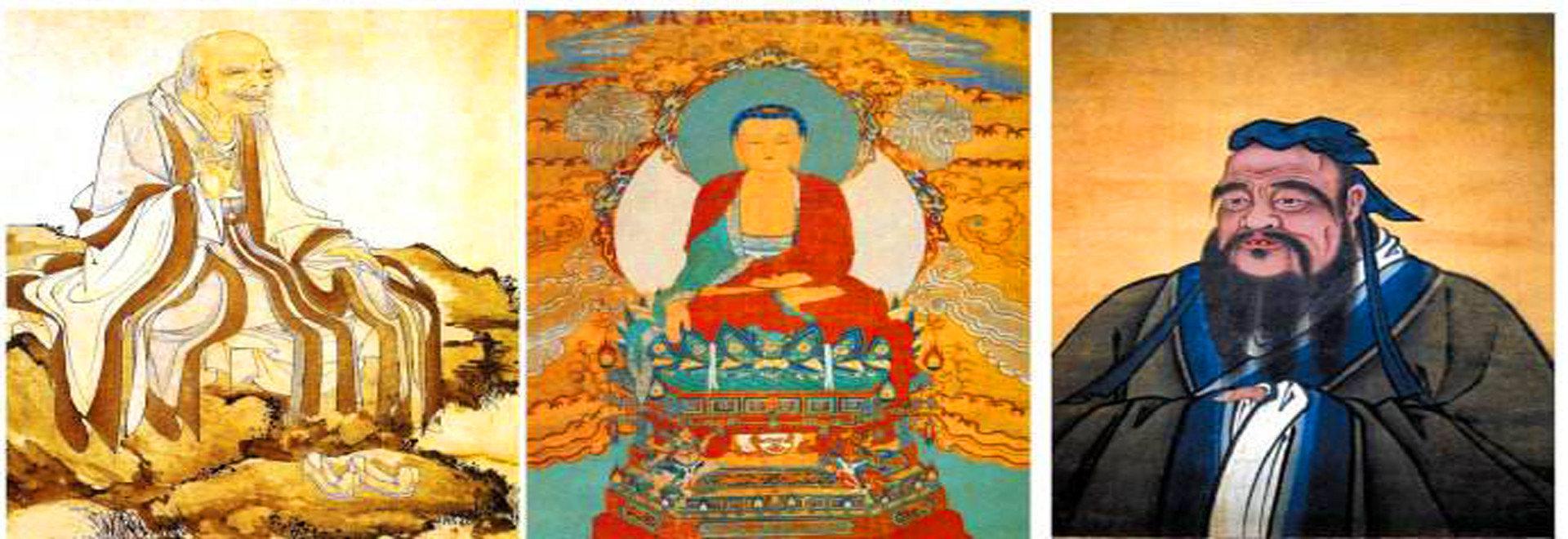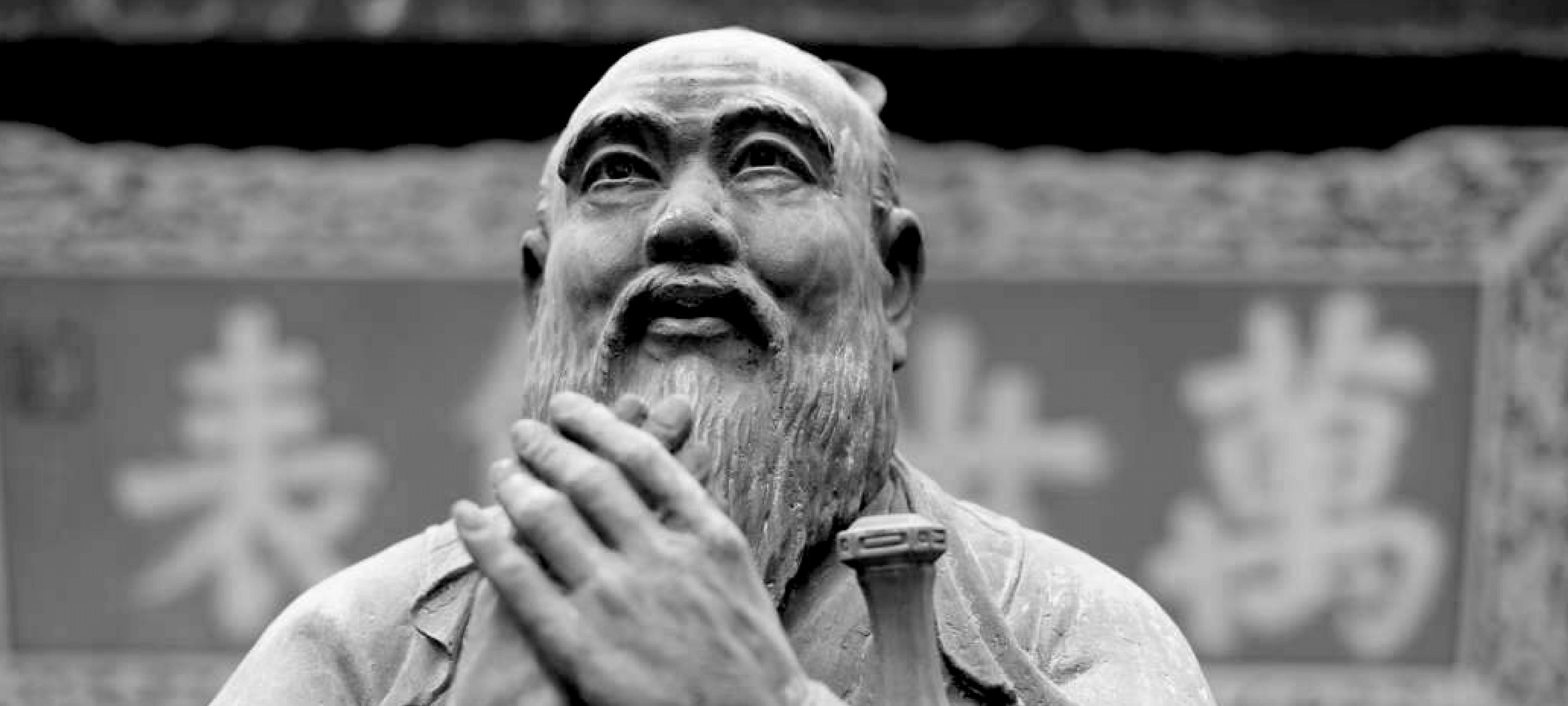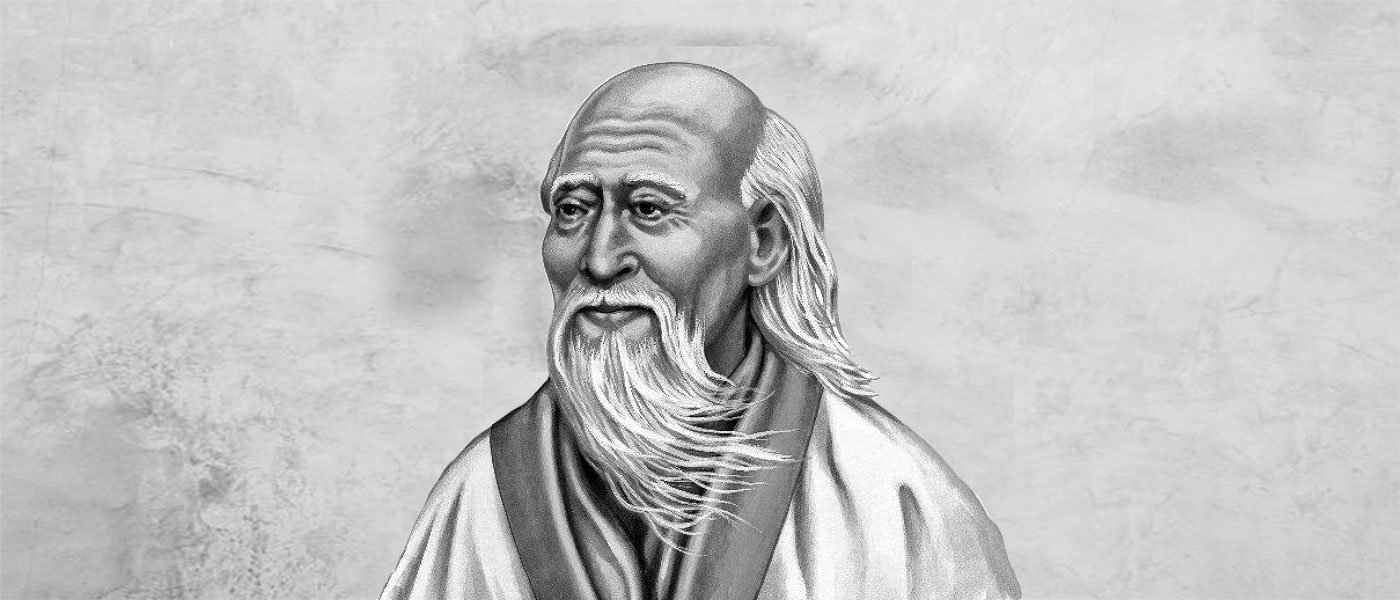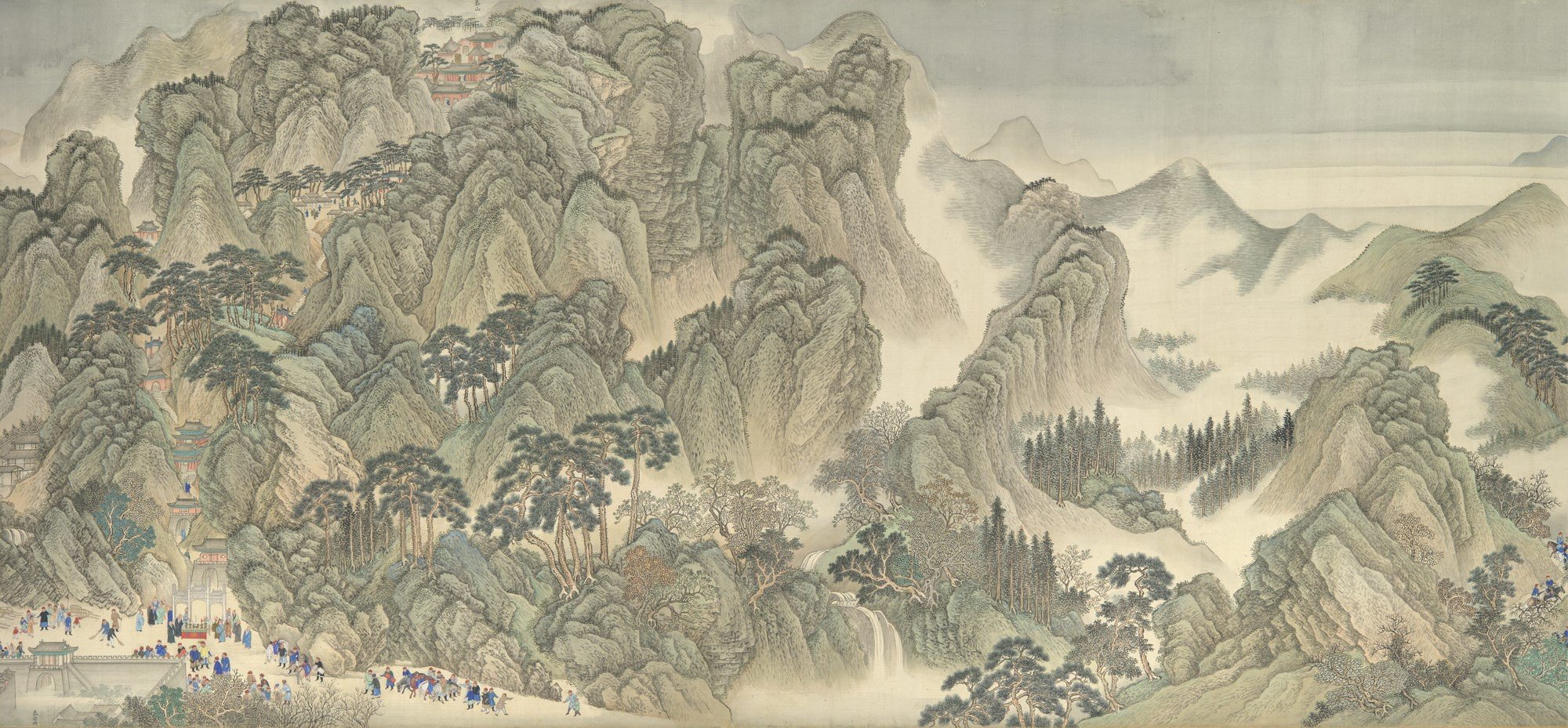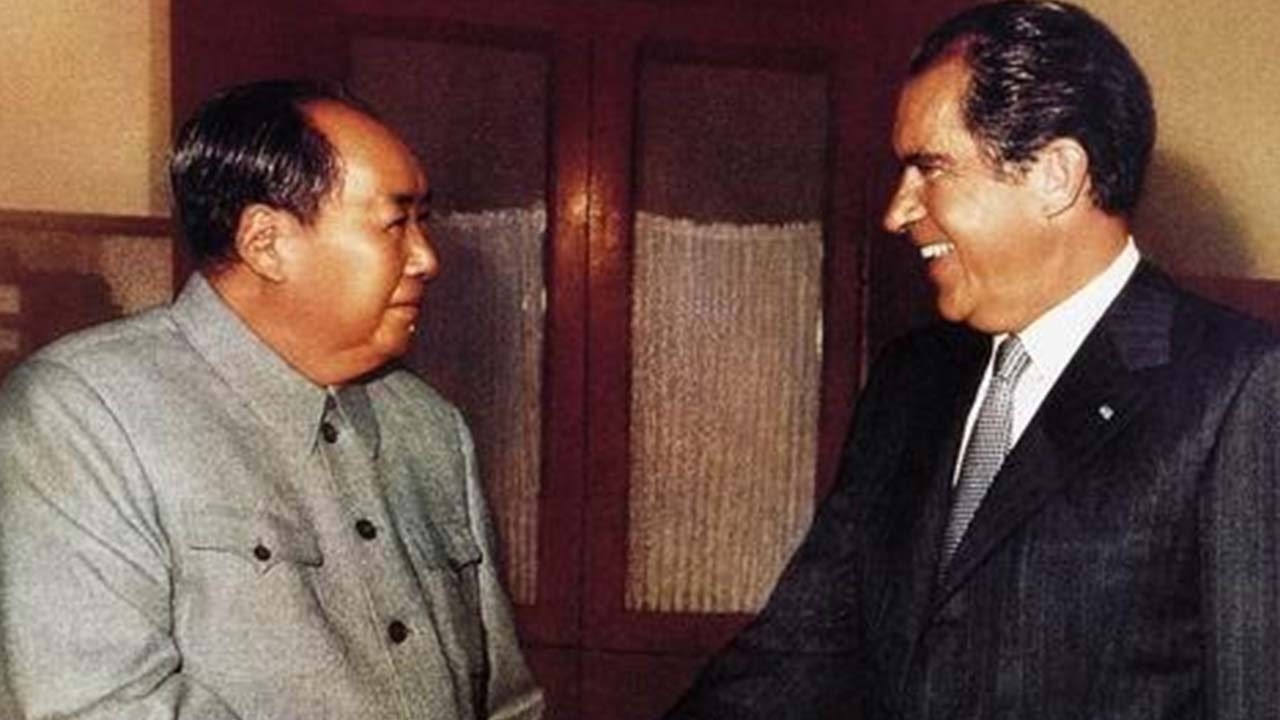When referring to certain aspects related to China, you have to be specific and make it clear which “China” you are thinking about. Are you talking about one of the (many) Chinese dynasties? Or perhaps about the Republic of China (ROC), the “China” of 1912 to 1949* (the latter represents a more complex discussion, please
Economic History
Aug
- No Comments
The Three Teachings: From Cultural Foundation to… Frustration Cause?
In previous articles, we’ve analyzed the three most important cultural frameworks associated with China one by one: Daoism, Confucianism and Buddhism. We have tried to understand some of the differences as well as the many similarities between them and all in all, it should be quite obvious that the three thought currents complement one another
Aug
- No Comments
Chinese Diplomacy: From Low-Key Pragmatism to Assertiveness
Right from the very first ChinaFund.com article, we’ve made it clear that as peculiar of a paradox as it may seem, China was a huge economy (along with India, as outlined in the previously mentioned article) throughout most of its history without being all that interested in trading with other nations. As such, diplomacy was
Aug
- No Comments
Siddhartha Gautama (Buddha) and Buddhism: The Middle Way for China?
A fair case could be made that from a cultural perspective, China is governed by the so-called Three Teachings. Two of them: Daoism and Confucianism, have been covered through previous articles. Today, it’s time to put Buddhism under the proverbial microscope to understand its role in Chinese culture and, yes, ultimately even economic behavior. To
Aug
- No Comments
Can You “Get” China Without Understanding Confucius and Confucianism?
As important as it is to understand what made China’s most important leaders tick (especially relatively recent leaders) and as useful as it is to have a firm grasp on history (once again, especially China’s relatively recent history), we need to acknowledge that to truly “get” China, we need to move away from an exclusively
Jul
- No Comments
Understanding Laozi (Lao Tzu) and Daoism (Taoism)
There are pieces of information one can consider vital to an economic analysis that pertains to China, pieces of the puzzle without which the final construction makes little sense. China’s population, GDP and so on. There are, however, many tidbits of information in the “nuance” category. In other words, pieces of the puzzle one can
Jul
- No Comments
The Republic of China / ROC (1912 – 1949*): What You Need to Know and Why
With more and more Westerners interested in China, either out of pure intellectual curiosity in light of China’s economic as well as geopolitical ascension or as a result of proverbially having skin in the game (China-related investments), there is a growing demand for information related to the history of China. However, while Western interest in
Jul
- No Comments
Chinese Dynasties and Why They’re Crucial to Understanding China
If one were to ask most observers of the current Chinese economic phenomenon who consider themselves knowledgeable on anything China-related to say a thing or two about its history, the overwhelming majority would limit themselves to mentioning a few popular facts about the People’s Republic of China. Perhaps a handful would also have a thing
Jul
- No Comments
The Cold War from a Chinese Perspective?
Words cannot begin to describe how important the difference between “getting” and “not getting” China is for an investor or potential investor. The difference between a superficial headline-based perspective on China which revolves around “facts” that are either incorrect or dated and a perspective based on a meaningful understanding of China’s past and present. And,
Jul
- No Comments
China’s Infrastructure Investments: Facts, Myths and Context
Few forces can even come close to competing with China’s infrastructure spending in terms of domestic and international impact. Unfortunately, as it tends to happen with generation-defining narratives, inaccurate information abounds. From those who underestimate the importance of infrastructure spending when analyzing China’s GDP growth pattern to analysts on the other end of the spectrum,

